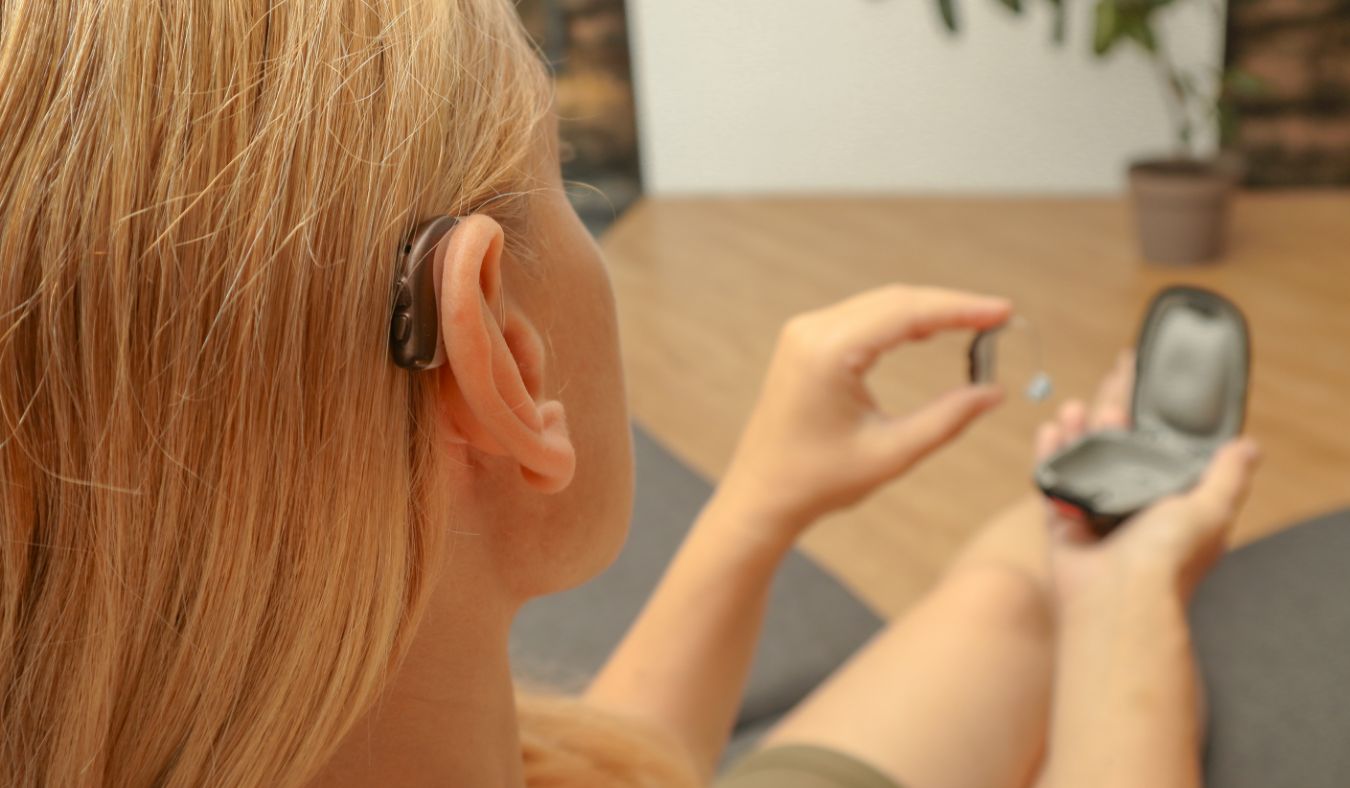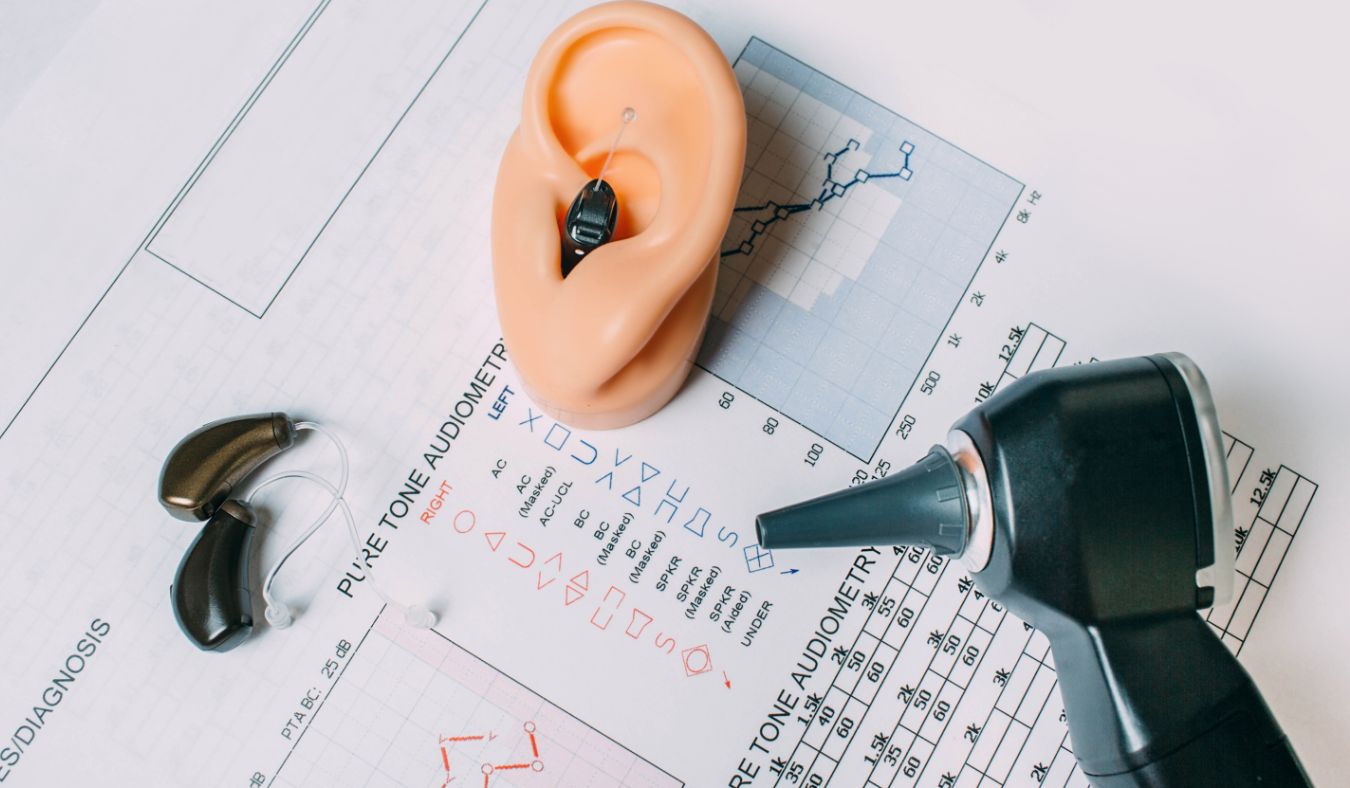The Benefits of Hearing Aids in Treating Hearing Loss
Hearing loss is a common condition that affects millions of people

When most people think of medication side effects, they usually think of drowsiness, upset stomach, or fatigue. But did you know some medications and other chemicals can cause hearing loss?
When medication side effects result in hearing loss, it’s called ototoxicity. Read on to discover the causes, treatments, and ways to avoid ototoxicity.
Ototoxicity refers to the ability of a medication or substance to cause damage to the inner ear, specifically the tiny sensory hair cells in the inner ear. This damage can result in hearing loss, ringing in the ear (tinnitus), or balance problems.
Although industrial chemicals can cause ototoxicity, most cases of ototoxicity are side effects of medication. These medications are widely used. It’s not uncommon for a patient to take more than one of these medications simultaneously, which can heighten the ototoxic effect of the drugs.
Although this may be the first time you’re hearing about it, ototoxicity is a side effect of many more medications than you may realize. Many of the medicines used to treat conditions associated with aging have some degree of ototoxicity. According to one study, 84-91% of older adults were found to be taking at least one ototoxic medication, with many taking more than one.
Not all chemotherapy drugs are considered ototoxic, but some of them are. It’s crucial to weigh the overall risks and benefits of your medications. You may be a good candidate for a different medication that does not have ototoxicity as a side effect. You should discuss your options with your healthcare provider if ototoxicity concerns you.
The following cancer medications are associated with ototoxicity:
When most people get medication to treat a bacterial infection, the possibility of hearing loss doesn’t even cross their minds. However, several different antibiotics can cause ototoxicity and lead to hearing loss. Most antibiotics are only available with a prescription. These include:
As we age, our risk increases for age-related hearing loss. We are also more likely to experience pain due to arthritis and other conditions. Unfortunately, some medications treating joint and bone pain can cause ototoxicity, worsening hearing loss. These include NSAIDs, available as a prescription and over the counter.
Some of the most common NSAIDs that can cause ototoxicity include:
This list is not a complete list of medications that can cause hearing loss. If you have concerns about these or other drugs, talk to your prescriber to see if an alternative medicine may be available.
If you or someone you love has developed ototoxicity, while hearing loss cannot always be reversed, you can take steps to limit damage and treat any symptoms you have. If you have developed ototoxicity, your doctor may advise you to:
Unfortunately, many people do not know they have experienced ototoxicity until they show symptoms. By taking a proactive approach to your healthcare, you can be on the lookout for signs of ototoxicity to ensure it doesn’t progress. Additionally, you can:
In addition to talking to your primary medical provider, having an audiologist check your hearing regularly is essential. Contact us today at Hearing Aids of Sarasota to schedule your hearing evaluation and preserve the gift of hearing for years to come.

Hearing loss is a common condition that affects millions of people

Understanding Hearing Loss: What You Need to Know and How We Can Help

Living with tinnitus can be overwhelming. The constant ringing or buzzing